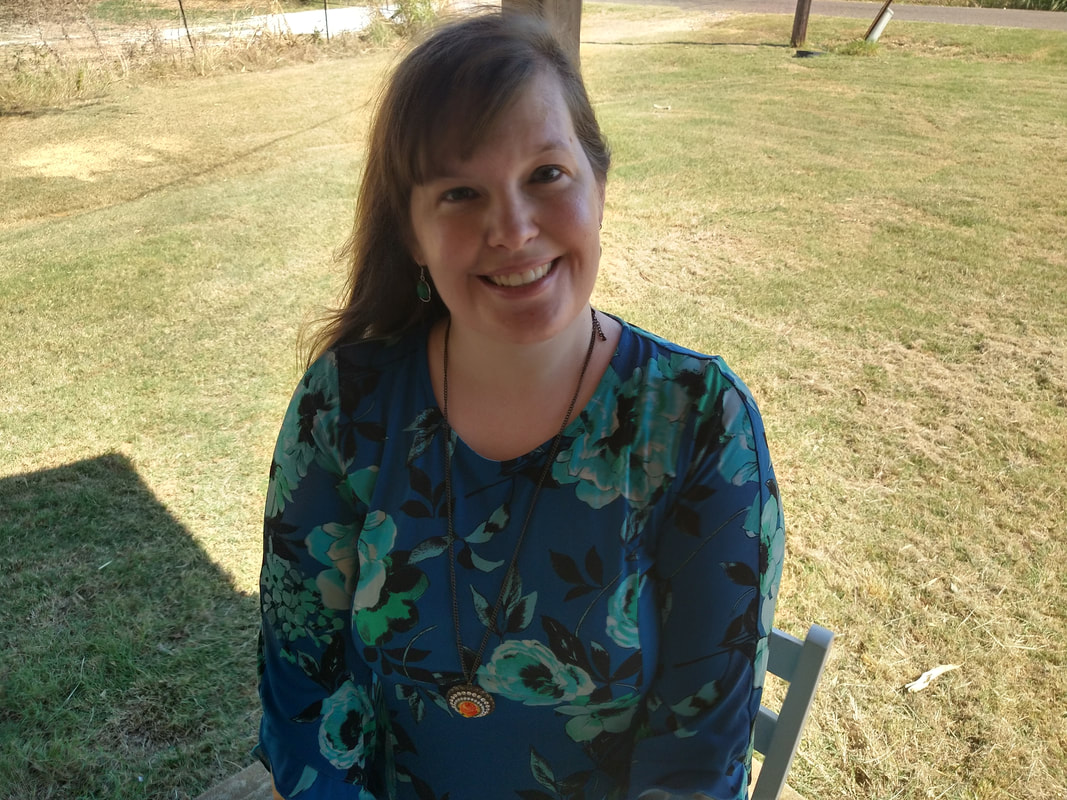|
Whether it’s waiting in line on a cold day or realizing that a needed item is all sold out at the last minute; whether it’s having different bits of dialogue inserted or taken out of our favorite book scenes when they are translated to film or discovering that one accidentally ordered a chia instead of orange smoothie at Jamba Juice—everybody has something they find irritating or even comic. For me, it’s when people believe I’ve said something I have not said. Usually, they then correct me about it or help “explain” to me how things should be done. When in fact, if you listened carefully, you’d find I never actually said the statement being corrected. I said something else. But the person had an “understanding” in their minds that I "must" have said that. Their motive, of course, is that they believe they have a great knowledge of people and of what's going on in the world, basically, so they don't have to listen. They know who all the players are and what everyone is bringing to the table and think they "know" what I'm going to say before I even say it, without paying attention to my actual statements. But then there's a huge risk that they might really know nothing about me after all. 😊 With such poor social skills, how could they? They project attitudes and perceptions of their own onto the words of others and don't hear what the person really said. I didn’t enjoy historical writing as my first language (I always did sci-fi and fantasy growing up) and this was why--I thought historical authors were tiresome because they did one of three things with routine frequency;
We don't actually read about the past era that was chosen for any of these books as the author's wishes and preconceptions come to the forefront. And that's absolutely boring to read and I didn't want to write boring books. These works also tended to be easily found and had lots of downloads, views, or reviews while better researched books were few and hard to find. It appeared to me that historical was largely a low-quality genre. All the fascinating depth of a different culture is lost on people who find out typical baby names for someone born in 1887, but show no respect for the worldview and beliefs of a past society. They simply don't listen and are sure things "must" have been like this, just like they are sure I must have said things I did not say. For Bellevere House since I knew I'd be writing in a previous era, the first thing I tried to do was to be respectful of the time period. I didn’t want to write a book about the 1930s, but instead write the book as if it had been written in the 1930s. Mansfield Park as an adaptation of it from the 1930s might have appeared. I wrote the book not to praise Jane Austen or to give moral messages I felt were good. I wrote it to celebrate the vintage era--their language, cliches, foibles, and way of speaking and moving. To my surprise since I had always pursued other interests, I found out I was a lover of history. Mansfield Park came out looking irreconcilably different from the original because the book is not easily reconciled to the update period. But I never actually said that keeping many elements of the original was my goal or even that it was a good idea as large parts of the original novel are uninteresting. But a core around the characters and their socializing translated well to another era and separating the good from the unusable in Mansfield Park was a fun intellectual exercise. 😊
A 1930s romantic comedy brought straight from the pages of Jane Austen . . . Faye Powell is a typical girl from Tennessee during the Depression. Her parents are struggling, her large family isn’t easy to support, and the few people with good fortune are unrelatable objects of envy, similar to the Hollywood stars whose faces appear at the movies each week. Except it's hard to feel that way if you actually live with them and know what they’re like. Faye’s aunt and uncle live in a lovely house in Illinois, so fine it’s actually been given a name like it's some kind of country estate. Bellevere House. And that’s where Faye is staying. After being semi-adopted by her relatives, she drifts around accompanying her silly, spoiled cousins on their rounds of clueless insulation, irresponsible schemes, romantic entanglements that lead to disaster, and affectations of stardom. It’s hard to be jealous of people when she sees the sometimes painful reality under the surface. And it’s downright impossible when arrogant Ed believes she has a thing for him when she doesn’t. At least—she doesn’t yet. You Can’t Take It with You meets Mansfield Park in this sparkling and creative revision of one of Austen’s great novels. Set in a charming, chic 1930s setting, Bellevere House is soaked in vintage Americana. And there will be more updates. Comments are closed.
|

Young Adult Fiction Author
Sarah ScheeleJoin the newsletter below! This signup has no reader magnets attached but I am preparing a freebie to be offered as part of the welcome email in the near future.
Categories
All
Check out my list of Top 5 Best Children's Adventure Books About Family and Exploring I've Recommended on Shepherd.com!
Archives
June 2023
|

